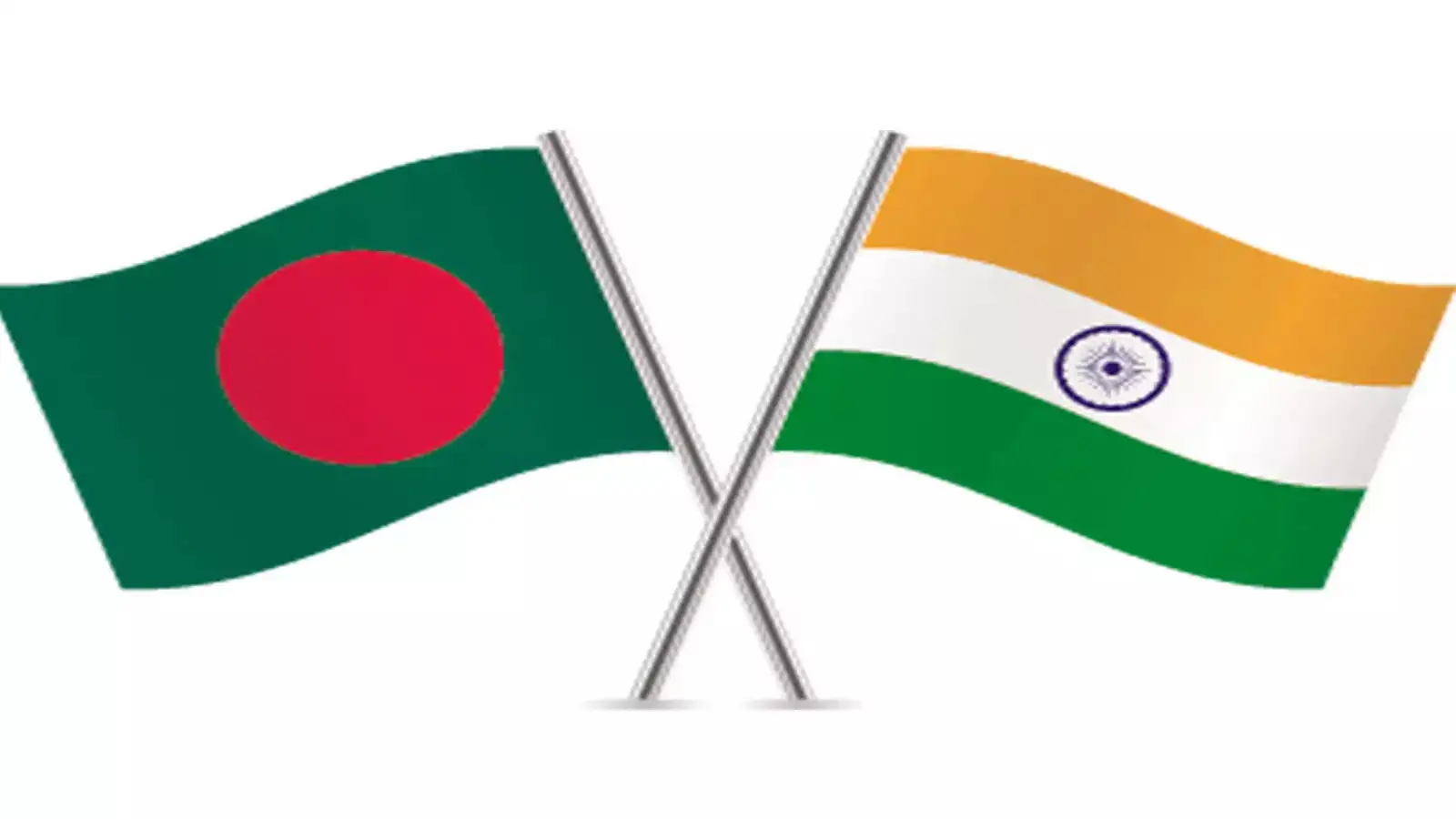India and Bangladesh Implement Trade Restrictions, Businesses Assess Financial Impact

Businesses in India and Bangladesh are bracing for potential economic fallout as the two neighboring countries engage in a series of trade restrictions following escalating tensions. The situation intensified last month when Bangladesh limited land imports of cotton yarn from India, a move aimed at protecting its local industries. This decision came shortly after India halted a transshipment facility that allowed Bangladeshi goods to be exported through Indian ports, citing congestion issues. The deteriorating relations between the two nations have raised concerns about the broader implications for trade and regional stability.
Trade Restrictions and Economic Impact
The recent trade restrictions have significant implications for businesses in both countries. Bangladesh’s decision to restrict land imports of cotton yarn is particularly impactful, as this material is crucial for its thriving garment industry. While cotton yarn can still be imported via sea and air, these methods are slower and more expensive. In 2024, India exported approximately $1.6 billion worth of cotton yarn to Bangladesh, with a substantial portion transported through land routes. The cessation of the transshipment facility, which previously allowed Bangladeshi exporters to send goods to Indian cities for further shipment to international markets, has further complicated the situation. Anis Ahmed, head of MGH Group, expressed concern that the disruption could severely affect Bangladesh’s fast-fashion export sector, which relies on quick delivery times to meet global demand.
Political Tensions and Extradition Demands
The political landscape has also contributed to the strained relations between India and Bangladesh. Following the ousting of former Prime Minister Sheikh Hasina in August, tensions escalated as Dhaka demanded her extradition to face various charges, including crimes against humanity and corruption. Hasina, who is currently in exile in India, denies these allegations, and India’s official response to the extradition request remains unclear. The situation is further complicated by India’s criticism of reported attacks on the Hindu minority in Bangladesh, which it claims reflect a pattern of systematic persecution under the interim government led by Nobel Peace Prize laureate Muhammad Yunus. In contrast, Bangladesh has denied targeting minorities, attributing incidents to political motivations or ordinary crime.
Regional Dynamics and Strategic Concerns
As the diplomatic rift deepens, regional dynamics are also shifting. Yunus’s recent comments during a visit to China, where he referred to Bangladesh as the “only guardian of the ocean” for India’s northeastern states, have raised alarms in Delhi. This statement was perceived as highlighting India’s strategic vulnerabilities, particularly concerning its narrow Siliguri Corridor, which connects the northeastern states to the rest of the country. Indian defense planners are wary of potential threats from China in this region, especially given the historical context of border tensions. Meanwhile, Bangladesh’s engagement with China, including interest in a $1 billion project on the Teesta River, has further unsettled Indian officials, who fear increased Chinese influence in a strategically sensitive area.
Public Sentiment and Future Relations
The deteriorating diplomatic relations have also affected public sentiment in both countries. In Bangladesh, there is growing resentment over tightened Indian visa regulations, with reports indicating a significant drop in visa approvals since Hasina’s removal from power. Previously, millions of Bangladeshis traveled to India for various purposes, but the current restrictions have strained these ties. Additionally, the call from India’s clothing manufacturers’ association for a ban on Bangladeshi garment imports via land has raised concerns about further retaliatory measures. Analysts warn that escalating trade barriers could be counterproductive, potentially harming economic relations that have developed over the years. As both nations navigate this complex landscape, the future of their bilateral relations remains uncertain, with the potential for further economic and political repercussions looming on the horizon.
Observer Voice is the one stop site for National, International news, Sports, Editor’s Choice, Art/culture contents, Quotes and much more. We also cover historical contents. Historical contents includes World History, Indian History, and what happened today. The website also covers Entertainment across the India and World.
Follow Us on Twitter, Instagram, Facebook, & LinkedIn

